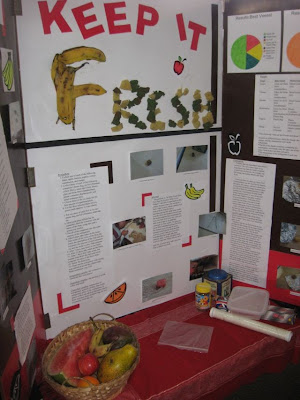In a sort of Rorschach inkblots reaction to words read or heard, does Tweety Bird flit into your imagination? If your mind replayed the “tawt I taw a puddy tat” phrase, please consider again. Twitter is being applied in interesting and relevant ways.
As I understand, short 140-character messages called tweets are sent, often including a link to a website. Increasingly, Twitter is part of the suite of tools used by new journalists. With planes going down -either gently into the Hudson or with fatal consequences – cellphone photographers are catching the breaking news shots and using mobile devices to post to the Internet, then sending dispatches (ala "wire services" of yesteryear in the news industry) via Twitter.
From there, mainstream media runs with the stories. (Intrigued by new journalism, yes. But I don't mean to "dis" the traditional newsgatherers.)
These short text bursts remind me of Steve.
A family practice physician, Steve has at least TWO responsibilities when we send a medical team out in response to disaster or dire healthcare needs. It's medicine by day, media work at dusk. From farflung places like Solomon Islands after a tsunami or Pakistan as surrounding mountains rumbled with quake aftershocks, the photographs made their way to us via the Internet.
The Subject line. Everything Steve wants to say --a few words to three sentences --ends up in the Subject line of his e-mail messages. (What, Internet providers give him a rate break for this???)
Situated on separate continents, we recently set up his profile on a site called FTP (file transfer protocol) to send photos. From Accra, Ghana, Steve's all-in-the-Subject-line showed up in my e-mail Inbox the same time as I was working on a different problem in the virtual classroom I was to attend a few days later.
Not an impatient man, Steve would quip “gone to lunch?” when I grew quiet too long. (I was busy with Luther in the classroom.) But everything worked and Steve was soon sharing photos of the medical team photos on the ground in Africa. Nice job Steve.
His last Subject had four phrases, ending with “thanks for sticking with an old bird to get him to fly.” Forty-one characters. Short enough.
He could have even sent it as a Tweet.
Do you Twitter? Receive daily prayer requests and other updates from HCJB Global by following our Twitter feed at www.twitter.com/hcjb.



















